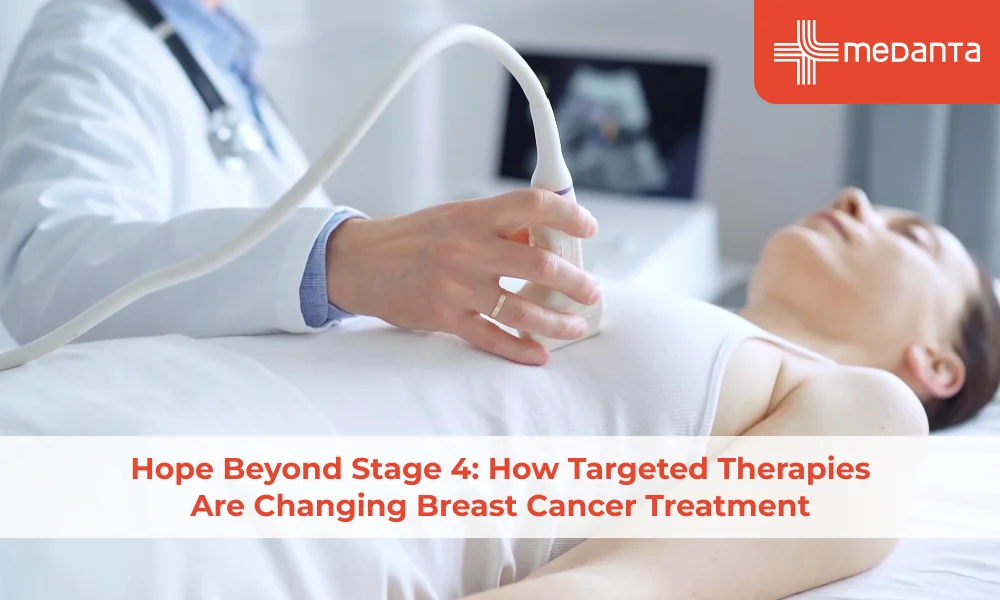Nebulization: Safe & Non-Addictive Treatment Option
Nebulization, a method of pharmaceutical dispensation that converts fluid medications into a fine mist that can be readily inhaled into the lungs, has proven to be exceptionally efficacious. The nebulizer machine, which is commonly employed in both emergency hospitals and residences, is instrumental in the administration of nebulization treatments.
While a sizable portion of patients can satisfactorily handle their respiratory afflictions with oral medications or inhalers, nebulization is a particularly advantageous option for those who encounter difficulties in utilizing inhalers, such as juvenile or elderly patients. Additionally, nebulization offers a non-addictive pathway for pharmaceutical administration for respiratory conditions, diverging from oral medications that possess the potential for addiction or habituation.
The aim of this blog is to illustrate the utility of nebulization as a secure and non-addictive treatment avenue. The topics that will be elucidated include the function of pre-hospital care, the merits of nebulization, and the import of an emergency care hospital in the management of respiratory illnesses.
Pre-Hospital Care for Nebulization
Pre-hospital care means emergency medical help given to patients before they go to the emergency hospital. Sometimes, the medics can give nebulization treatments to patients who can't breathe well.
The people who are on the scene to give pre-hospital care are trained and can use special portable equipment to give nebulization to the patient. Nebulization is usually used when the patient is having a really hard time breathing, like during an asthma attack or when their COPD gets worse.
Using a nebulizer in pre-hospital care is necessary if you're experiencing troubles breathing, breathlessness, or wheezing. This treatment works by dropping medicine straight into your lungs, aiding airy passageways and reducing swelling. Nebulization can be the first action taken or combined with supplementary treatments like oxygen therapy. Take note: nebulization is only for professionals who can consider if the patient has any allergies, medical history, or medications before proceeding. Always be cautious and carefully observe the patient's vital signs, as well as look out for any possible side effects.
Nebulization as a Safe & Non-Addictive Treatment Option
Nebulization is a preferred method of treatment for individuals who struggle to operate inhalers, notably the vulnerable cohorts of youngsters and seniors. Inhaling fine mist, which transmits drugs directly to the lungs, confers notable advantages that aid in reducing inflammation and ameliorating breathing functions.
Nebulizers operate by compressing air to convert liquid medications into minute droplets that are easily inhaled by patients, especially those with a tenuous capacity for inhalation or severe respiratory constriction.
The perks of nebulization over other drug delivery techniques lie in its direct delivery of medication to the lungs, resulting in rapid alleviation of symptoms. Besides, nebulization affords a higher dose of medication delivery to the lungs compared to inhalers or oral medicines.
Nebulization typically involves the use of several pharmacological agents such as bronchodilators, corticosteroids, and antibiotics. Bronchodilators, such as albuterol and levalbuterol, play a crucial role in easing the discomfort associated with respiratory illnesses by relieving the airways' constriction, while corticosteroids, such as budesonide and fluticasone, dampen the inflammation levels in the airways. Moreover, antibiotics function to eliminate any bacterial infections that may be exacerbating respiratory symptoms.
One of the most significant benefits of utilising nebulization in respiratory treatment is the absence of addiction concerns. Unlike some oral medications, which may be habit-forming or addictive, such as opioids, nebulization offers a safe and non-addictive way to deliver medications to patients. Therefore, it serves as a much safer alternative to traditional medication administration techniques.
Another noteworthy advantage of nebulization is its versatility in treating patients who face challenges using alternative medication administration methods. Specifically, young children who may not be capable of properly utilising inhalers can benefit greatly from nebulization. Additionally, nebulization can be utilised to deliver medication to intubated or ventilator-dependent patients, providing them with the relief they need.
Significance of an Emergency Care Hospital in Nebulization
An emergency care hospital plays a crucial and indispensable role in providing essential medical care to individuals suffering from respiratory illnesses, through the use of nebulization. These hospitals are equipped with highly specialized equipment and proficient medical professionals who can deliver nebulization treatments to patients who are battling severe respiratory distress.
As a first-line treatment for individuals who suffer from asthma, COPD, and other respiratory conditions, nebulization is widely employed in emergency care hospitals. This treatment approach delivers medication directly to the lungs, promptly alleviating symptoms and mitigating the chances of further complications.
Furthermore, emergency care hospitals are furnished with cutting-edge respiratory support systems, including ventilators, which are instrumental in assisting patients struggling with severe respiratory distress. By working hand in hand with nebulization treatments, these sophisticated respiratory support systems ensure optimal respiratory support for patients, thereby enhancing the likelihood of a successful recovery.
Moreover, the prompt availability of medical professionals in emergency care hospitals is of utmost importance in the context of individuals suffering from severe respiratory distress. These medical experts can immediately monitor patients' vital signs, and promptly respond to any adverse reactions to medications, ensuring that patients receive timely medical attention.
Overall, emergency care hospitals are indispensable to the provision of quality medical care to individuals suffering from respiratory illnesses, leveraging nebulization treatments, advanced respiratory support systems, and medical professionals' expertise to ensure optimal patient outcomes.
Conclusion
Nebulization is a safe and effective treatment option for respiratory illnesses. It offers a non-addictive way to deliver medications directly to the lungs, which can help alleviate symptoms and improve breathing. Nebulization is particularly useful for patients who have difficulty using inhalers, such as young children or elderly patients.
In pre-hospital care, nebulization can be used as a first-line treatment for patients experiencing severe respiratory distress. However, it should only be administered by trained professionals who can carefully monitor patients and observe for any adverse reactions to medications.
Emergency care hospitals play a critical role in providing nebulization treatments to patients with respiratory illnesses. They are equipped with specialized equipment and trained professionals who can quickly respond to patients in respiratory distress and provide optimal respiratory support. It's important to seek appropriate medical care in emergency situations to ensure the best possible outcomes for patients.






